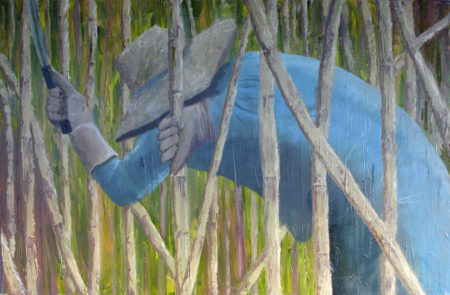
This article was originally published by the East-West Center (EWC) on 9 November 2016.
The Philippine President, Rodrigo Duterte, seems intent on taking his country down an untrodden path. Since being sworn in as the Philippines’ 16th president this June, the first from Mindanao, he has made international news by advocating extrajudicial killings while at the same time thumbing his nose at the US. What could be motivating his dramatic actions? Many observers focus on his idiosyncratic personality. But greater insight comes through understanding the political culture of Mindanao in which he honed his political skills. The political culture of Mindanao sits within the broader Philippine context that is racked by violence, poverty and corruption.
Human Rights Watch reported that in 2015, the year before Duterte came into power, the Philippines was a country where attacks against indigenous people were rampant, child labor, especially in small-scale mining, was commonplace, eight journalists were murdered, and extra-judicial killings especially in Mindanao were routine. In the 2015 Perception of Corruption Index released by Transparency International, the Philippines ranked 95th out of 167 states. While certainly not the worst by global standards, the Philippines is hardly a model of good governance. Its rank of 115 out of 188 countries in the 2015 Human Development Index underscores the challenges it faces. The current tidal wave of population (approximately 102 million with a growth rate of 1.7%), strains the nation’s budgets and infrastructure. Metro Manila’s population exceeds 12 million and continues to grow. The burgeoning population, corruption, disregard for the rule of law and poverty have combined to dramatically inflate the crime rate in the Philippines. In 2012, a total of 217,812 crimes were reported; by 2014 that number had exploded to 1,161,188. Arguably the Philippines was in crisis even before the election of Duterte. His election can be seen, in part, as a reaction to that crisis, as much as it can be seen as contributing to it.
